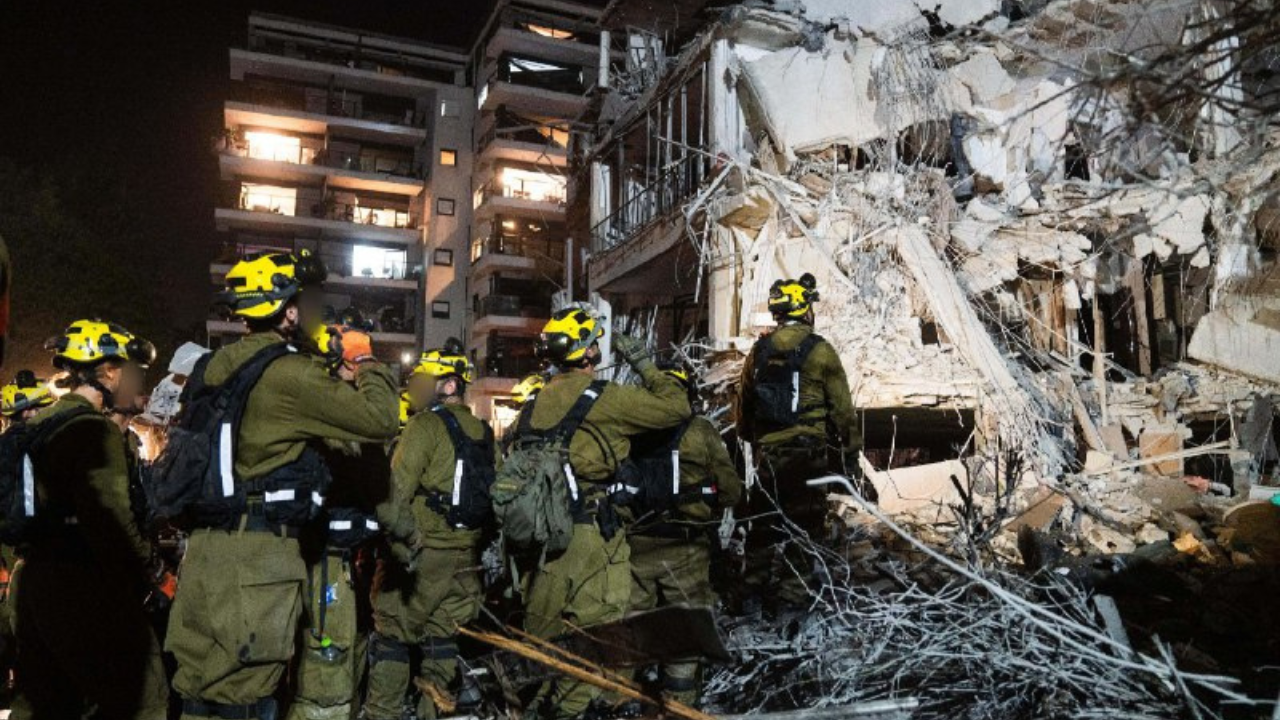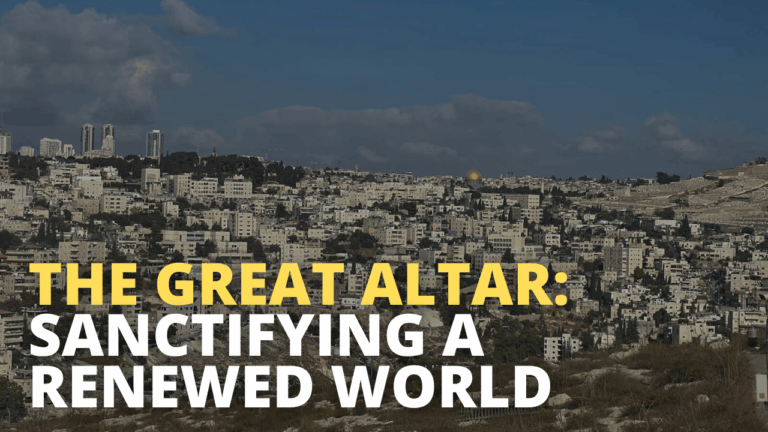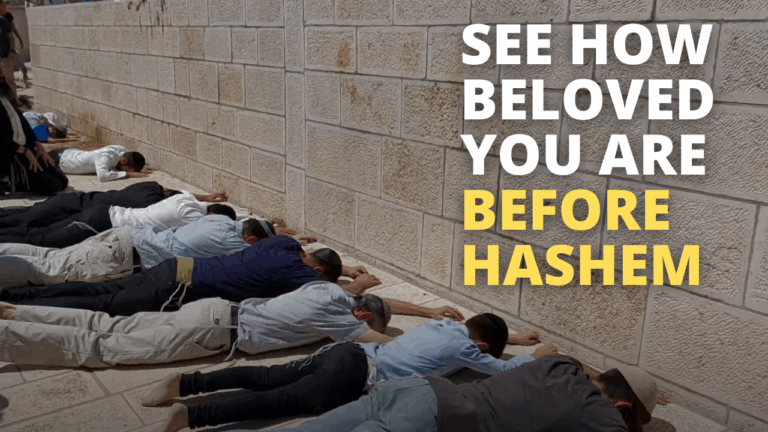Hashem Tzilcha: When God Mirrors Our Indifference
In the aftermath of the dreadful sin of the meraglim, HaKadosh Baruch Hu informs Moshe Rabbeinu that He will wipe out the entire nation. As the ultimate defender of Klal Yisrael, Moshe passionately beseeches Hashem to spare them. He argues that destroying the people will create a desecration of Hashem’s name. The nations of the world will assume that Hashem is incapable of leading His people into Eretz Canaan and therefore disposed of them in the midbar.
Moshe’s argument should sound quite familiar. After all, he made a nearly identical plea following the Sin of the Golden Calf in Sefer Shemot. But here, in Parshat Shelach, something is conspicuously missing from his defense. Back in Shemot (32:13), Moshe added a very powerful appeal for mercy in the merit of the holy Avot of the Jewish people – “Remember Avraham, Yitzchak, and Yisrael, Your servants, to whom You swore…all this land which I said that I would give to your seed, they shall keep it as their possession forever.”
Here in Shelach, desperately trying to avert disaster, Moshe makes no mention of the Avot at all.Why would Moshe not pull out his most powerful trump card, the legacy of the illustrious forefathers whom God so dearly loves?
To answer this, perhaps we must reconsider whether that line of defense would even be effective. The Ramban explains (Bamidbar 14:17) that invoking the merits of the Avos only made sense after the sin of the Golden Calf. Bnei Yisrael had truly made a terrible mistake, but the mistake wasn’t a fundamental rejection of the legacy of their forefathers.
In the aftermath of the cheit haMeraglim however, such an argument would be ludicrous. How can you invoke the zechut Avot after viciously rejecting the very gift that they toiled so hard to secure for their offspring? Avraham courageously requests a special bris to ensure that Eretz Yisrael will be given to his children (see Bereishit 15). The Avos yearned for Eretz Yisrael and prayed that their children would return there. And yet, their descendants just expressed disdain for it and refused it. What chutzpah it would be for Moshe to even mention the names of the Avot! Such an attempted defense would immediately backfire into condemning evidence.
Rav Yechezkel Levenstein, the great mashgiach of Yeshivat Mir through the years of World War II and beyond, sees an even deeper dimension in the Ramban’s sharp insight (Ohr Yechezkel, Torah V’Daat). In many cases, we assume that Hashem is punishing us for our misdeeds. But we do not realize that in many cases we are simply incriminating ourselves! By speaking so disdainfully of Eretz Yisrael, the Jews by definition destroyed one of the most powerful foundations of their defense.
This idea is further expressed in Hashem’s oath that the sinners will not enter the Chosen Land: “…If not as you have spoken in My ears, so will I do to you. In this desert, your corpses shall fall.” The Midrash (Bamidbar
Rabbah 16:21) explains that Bnei Yisrael essentially pronounced judgment upon themselves. They claimed that Hashem would allow their corpses to fall instead of successfully bringing them into the land, and so it shall be. Bnei Yisrael’s own words revealed that they are unworthy of entering the land, and the natural consequences was the fulfillment of their own dreadful prophecy.
Dovid HaMelech tells us in Tehillim (121)that ה’ צלך על יד ימינך, literally translating as “Hashem is your shadow.” Rav Chaim Volozhiner explains (Nefesh HaChaim 1:7) that God mirrors our behavior. When we turn towards Him, He will turn to us. And when we turn away and ignore Him, He rachmana litzlan will do the same to us. When we express disgust for His land, Hashem will distance us from it. We are our own self-incriminating enemies.
This insight has haunted me of late. Every time I catch myself mumbling ה’ צלך while “saying Tehillim” for those in danger, I cringe. We constantly tell the Ribbono Shel Olam that we want to return to Yerushalayim. We desperately beseech that He rebuild it, bekarov! He should wipe away the pain of our fellow Jews and bring the complete redemption. And we are disappointed again and again when our prayers are not “answered.” And I wonder: are our words simply empty shells? Are our own actions and words truly in sync with what we beseech from the Ribbono Shel Olam?
Rachmana litzlan, our enemies have expressed a maniacal obsession with causing suffering to Jews. They bloodthirstily call for the return of Jerusalem to their filthy hands. They seem to want these things…very badly. As we daven for the complete restoration of Jerusalem, do we really want it? Is Hashem simply mirroring our tepid desire for His Beit HaMikdash, shadowing our inadequate love and concern for our fellow Jew?
As missiles rain down on our brothers and sisters, as precious Jews languish in captivity and mourning, and we continue heartlessly mumbling our Tehillim…while multitasking and taking off our tefillin…we must wonder if we are incriminating ourselves. ה’ צלך, Hashem follows our lead.



